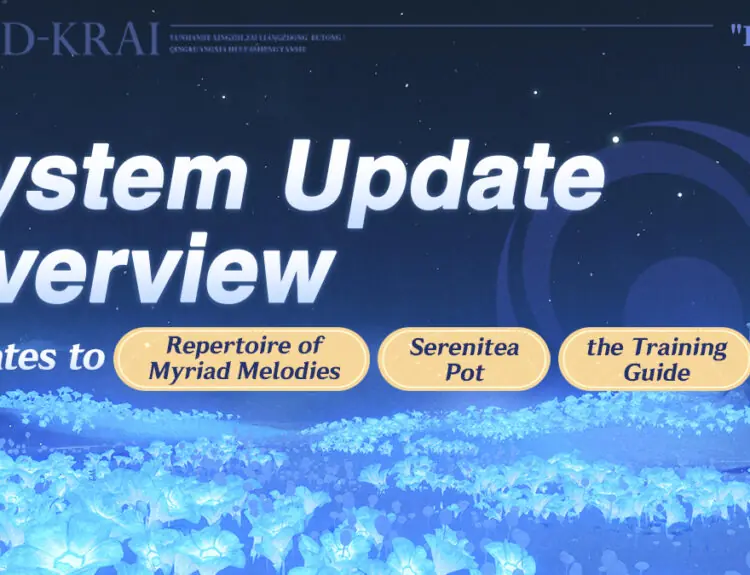Ninja Theory, the developer behind Hellblade: Senua’s Sacrifice, is taking ambitious steps into the exploration of mental health and psychosis. Their game followed the experience of a warrior named Senua who struggled with psychoses. She had to overcome both physical challenges and mental challenges to save her people. The game was an award-winning hit showing that mental health and games can work together hand in hand.
The same studio is working on a new project called The Insight Project. They will use clinical neuroscience and game design to create new methods of therapy for mental disorders. With Microsoft’s acquisition, the game company is now free to work on entirely new projects rather than simply doing work-for-hire games.
The way Ninja Theory represented psychosis in Hellbalde was so real the team received acclaim from fans. For once, many fans felt there was finally a way to explain their experiences as it resonated with the tone of the game. Psychosis is diagnosed when someone loses touch with their external reality in favor of a false reality generated by their minds.
Partnered with the research foundation Wellcome Trust The Insight Project works to use video game technology to help make invisible illness visible to the public at large. This can open up a whole new world of diagnosis, analysis, and treatment for those suffering from mental illness.
Paul Fletcher, a professor of neuroscience at Cambridge University who worked with Ninja Theory on Hellbalde, believes that biometric data on mental health disorders could be represented on-screen in much simpler ways than medical jargon. You could mix game design into educational programs to help people understand and control their mental illness using a digital environment.
Anxiety, for example, has many physical symptoms such as a racing heart, sweaty palms, and feelings of unease. This could be described as a stormy sea where you are on a boat. You must navigate towards a target and keep the sea as calm as possible by controlling your physiological state. This can help those with anxiety control those aspects of their emotions.
The goal is to make the game as immersive as possible. If you make it an immersive and educational experience, then people will want to play the game for fun. This turns it from a thing you must do into something you want to do, making it an effective tool to training those who need the extra help.
The studio still plans to work on traditional games and has several projects at work. It is only because of Microsoft that the studio has the freedom to explore the unknown and find new and exciting ways to use games. It could be in the near future that gaming has a permanent place in the mental health world.







